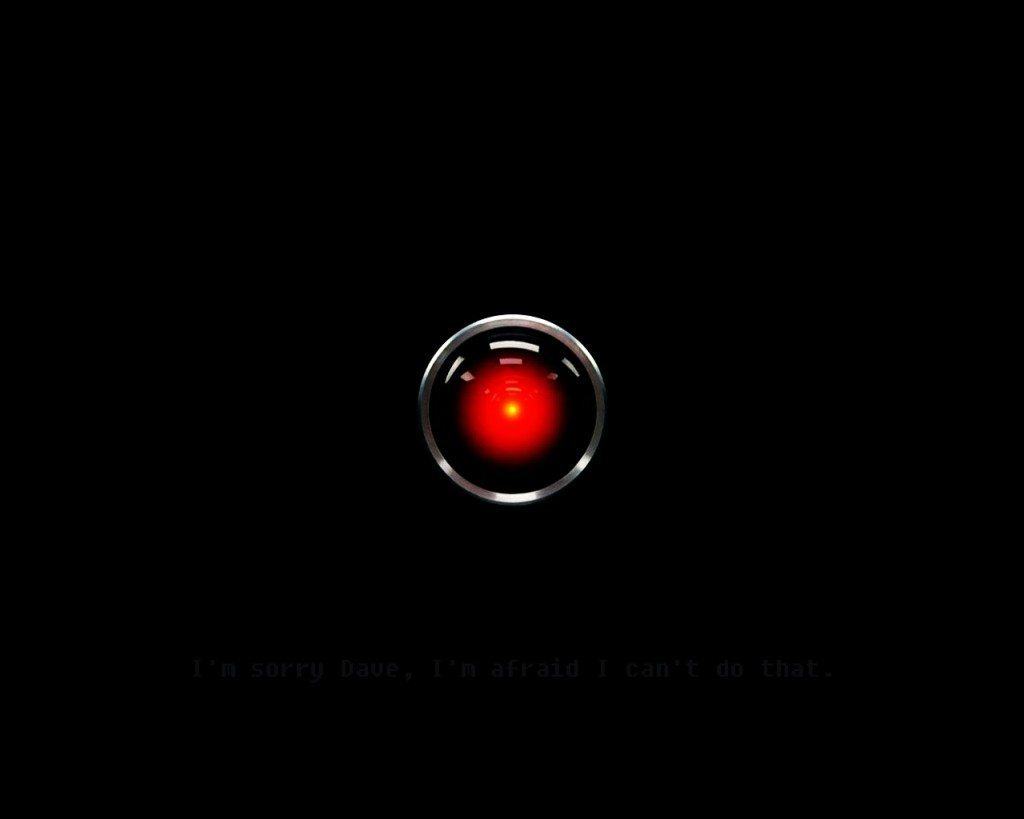According to an article in the Huffington Post.co.uk, the answer to this question is a definite yes and smart home technology does need to be made more secure.
It’s easy to see the benefits of smart home technology, especially door locks that can alert you to someone trying to enter your home, and sensors that can tell if someone is in trouble and needs help. However, unless this technology has the correct kind of security, there’s the possibility that these devices could leave increase your vulnerability, allowing other people to access intimate details of your life.
In the U.K., the government has already outlined specific safety standards which must be met as part of the plan to introduce smart meters in all homes by 2020. British Gas already claims its smart meters are protected by security measures that are more complicated than those used in online banking. This is great, but unfortunately not all smart devices are protected to such an extent and some lack even the most basic security. This could mean that instead of protecting homes, these devices actually increase vulnerability to attack.
The article points out that just recently security researcher Anthony Rose showed how easy it was to access some Bluetooth security lock passwords that were not encrypted. He was even able to lock out the owner of one kind of lock by changing the admin password. People who chose to adopt smart technology during its early days have already been exposing themselves and their families to unwanted risks as there have been cases of strangers talking to children through baby monitors.
Many of the devices are part of the Internet of Things and clearly greater protection is needed. There is also increasing concern about the information being collected by smart TVs and by personal assistants such as Alexa. Alexa can record data and respond to voice commands and although Amazon has clearly stated it will not sell customers personal information, other manufacturers are not so principled. Vizio has already had to pay a $2.2 million fine for selling consumer data collected through smart TVs to advertisers.
At the moment, smart technology is still in its very early stages and many people have yet to commit to this type of technology. The article highlights that this is the ideal time for governments and manufacturers to make sure the risks of using this new technology will not outweigh the benefits.







